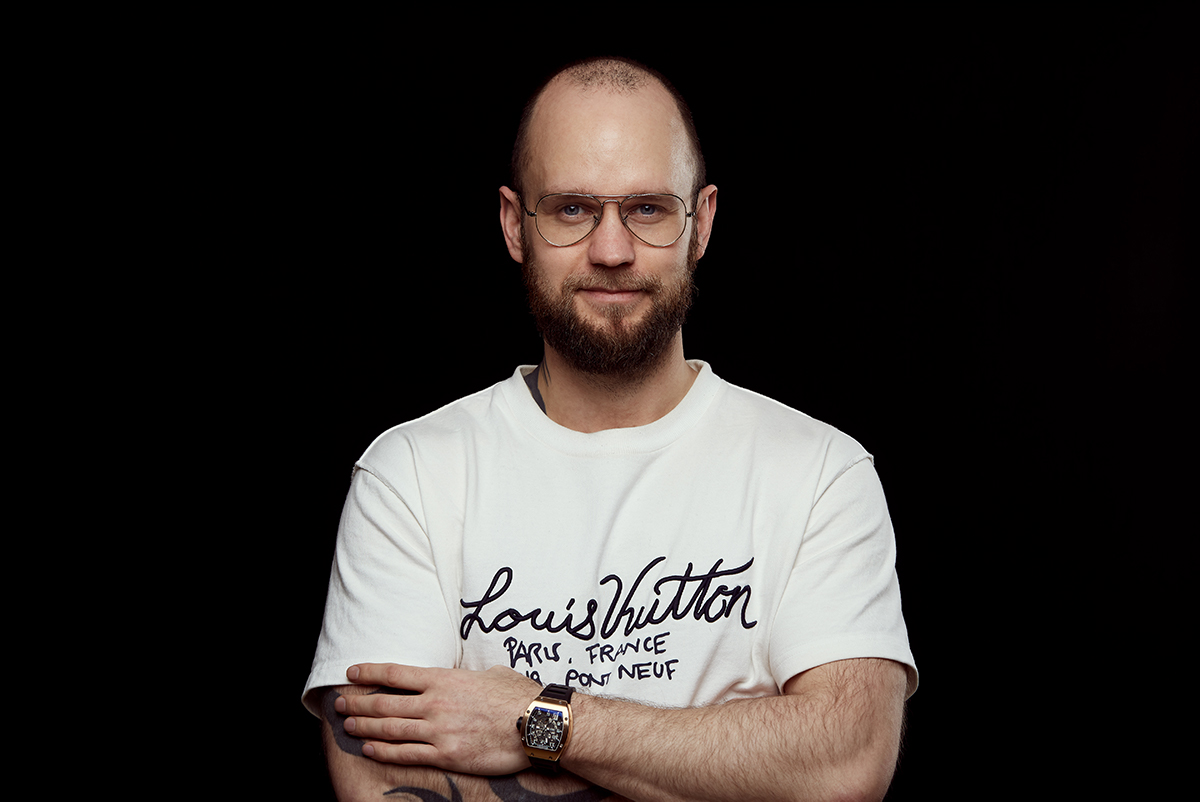Since the repeal of PASPA just over three years ago, there has been much discussion about what the US market can learn from the UK and other more mature gambling jurisdictions, especially when it comes to responsible gambling and compliance.
But one area where the US is way ahead is affiliate licensing; while European jurisdictions shy away from it, in the US, affiliates must meet a number of requirements and prove fit before they can sell merchandise to players in every state.
This, combined with enforcement action against unlicensed affiliates in states like New Jersey, has proven incredibly effective in removing affiliates of unscrupulous members and ensuring that players are not redirected to scammers.
By contrast, UK-licensed operators are still involved in fighting affiliates to ensure they play within the rules set by the Gambling Commission and other advertising oversight bodies, with their licenses always at risk.
For this reason, and due to the success of affiliate licensing in the US market, there is a clear need for affiliates targeting regulated markets to apply for and obtain licenses. While many professional partner organizations self-regulate, clear guidelines and rules are needed.
The health and happiness of players must come first, and the industry must take collective responsibility and come together to promote responsible gambling, as well as to protect players from the scams that some affiliates still choose to promote.
There are key standards that all affiliates must follow.
In the US, each state sets rules that affiliates must follow, but in general they are based on the same key standards - encouraging responsible gambling, providing tools for self-exclusion, and having direct links to resources for dealing with gambling problems.
In addition to this, I believe that affiliates must prove that they have a basic level of financial stability and that those who run the company have integrity and respect. For example, in New Jersey, you will not be issued a license if you have a criminal record or have violated state gambling laws.
It is also important that the rules for affiliates also prohibit companies from working with unlicensed operators. This is something that is still happening in markets like the UK where there are affiliates promoting online casinos that are not on the Gamstop self-exclusion register.
These are all perfectly reasonable requirements that any professional affiliate would be willing to meet and evidence for the regulator to gain access to the market.
Partner licensing will improve player protection
By licensing affiliates, it is easy to hold them accountable for their actions. In markets like the UK, this is simply not the case for an operator to really monitor and penalize its affiliate partners for non-compliance.
This is a huge task for every operator, most of which work with hundreds, if not thousands, of branches. This, in turn, leaves players vulnerable and susceptible to the influence of affiliates who do not care about their well-being and do not care that they play responsibly.
When you look at the regulatory pressures being placed on operators and suppliers in European markets, it is perhaps surprising that affiliates have not yet come under the spotlight and held accountable for how they interact with players.
I would argue that only when this happens and a regulatory framework and licensing system is in place for affiliates will players be given the highest level of protection when it comes to responsible gaming and protection from cheaters.
We call on the entire industry, from policy makers to operators, suppliers and affiliates, to come together to regulate the industry more tightly. And a big part of that is ensuring that affiliates meet the standards set for other stakeholders.
Of course, the only way to do this is to require them to apply for and obtain licenses in the regulated markets they target.

Paavo Salonen is a digital marketing entrepreneur whose goal is to create world-class comparison sites. With over six years of gaming experience and ten years of digital marketing and analytics experience, he is uniquely positioned to understand what is happening in the online gambling and affiliate marketing sectors.
